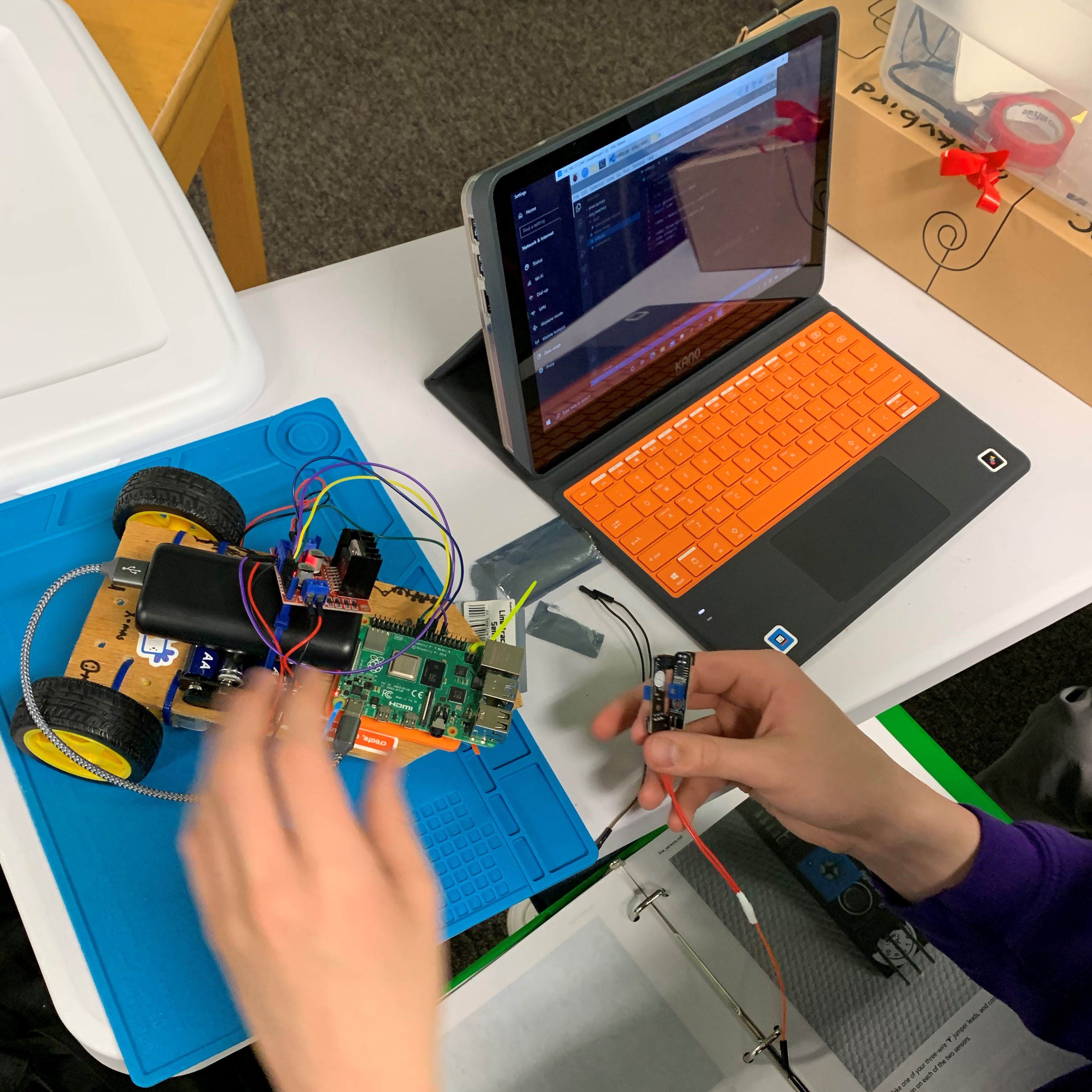First Year Teaching Robotics & Lessons I’ve Learned Along the Way
So I decided to volunteer-teach robotics. To high schoolers. It’s a pretty snazzy community-building activity, even with the mask-wearing thing we’re all doing (for good reason!).
Honestly, I’m digging it!
And I’ve learned some interesting things along the way this first year. When I went into this, I wasn’t really sure how it would go. I’m a total newb at classroom stuff. I did get a chance to informally interview some folks who’d done this before in other schools, but I could tell their educational context and experiences were different than what I was walking in to. I felt unprepared when September 2020 rolled around.

I did a lot of prep before hand as I tried to think through the challenges I’d face. I built the robot myself ahead of time, taking notes on what it might be like for an untrained mind to encounter the project (more on the project in another post). Now that I’m over halfway through the year, and I’m settling in to the experience, it’s time to reflect on my lessons learned. Here are my top three:
- See it from the student perspective: As an aerospace engineer, I’m not really trained for robotics; but it also comes kind of easy because I’m technically trained. I’m trained in some aspects of the whole thing and I have 20 years of experience being a scientific research engineer. I can totally fake my way through the robotics stuff I don’t know – learn-on-the-fly style. But, to be effective as a teacher, I have to see the project from the student’s perspective. Everything is new to them and I needed to be ready to explain everything.
- Minimize your assumptions: Sure, most of my students don’t know what an algorithm is. That’s a reasonable place to be in high school. But, some of my students were even unfamiliar with a keyboard, which is a bummer because…it’s robotics. They gotta write a little code, at least, or else it’s not robotics! I learned to keep my minimum skillset expectation as low as possible. I want them to learn and enjoy the process, not feel ill-prepared or behind! They will learn best when they are encouraged to try, even if they fail the first time.
- The technology will fail you; stay calm: In the first trimester, the students were getting used to a lot all at once & so was I. I had more than one day in which I was trouble shooting failed technology stuff in rapid fire succession; sometimes, it was non-stop for the whole class period. And major stuff, like “the Raspberry Pi won’t connect to the Kano” kind of problems. The key is to expect days like that and, when they hit, stay calm and positive and get to work!
I’m glad I’m doing this. It’s good for me & I think it’s good for the students. For the most part, we’ll all enjoying it. Yay!
Here’s to the 2020-21 academic year – robots, masks, & all!
